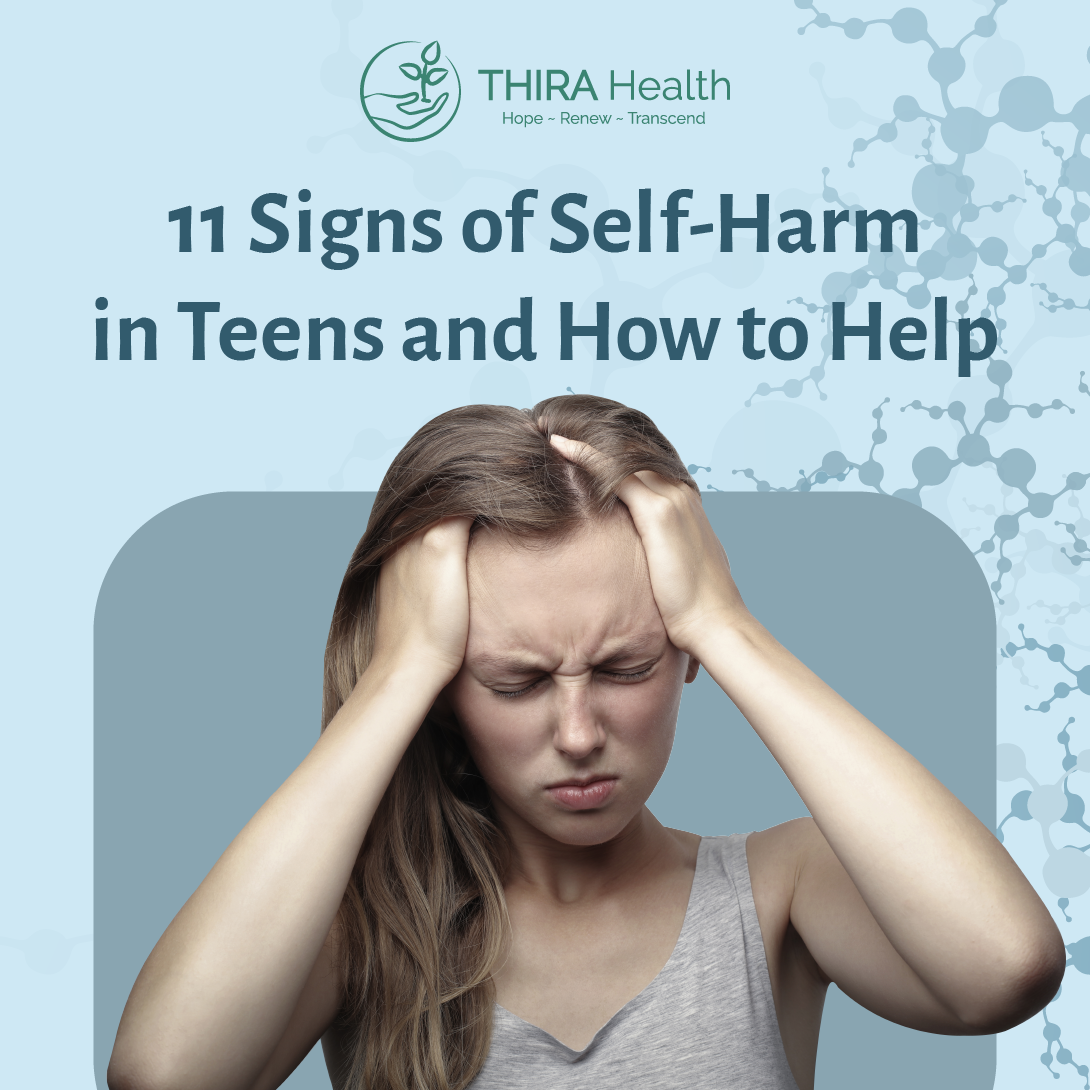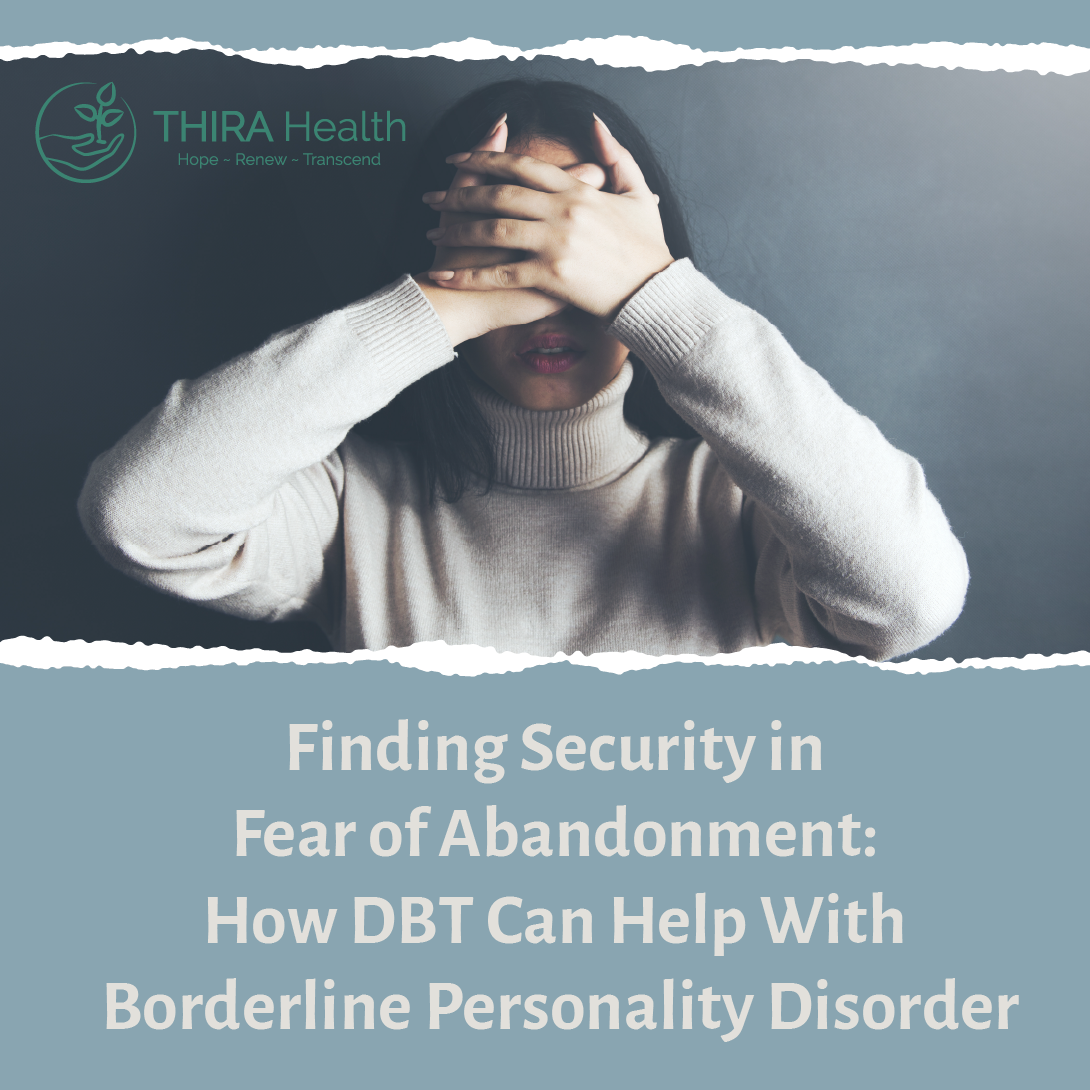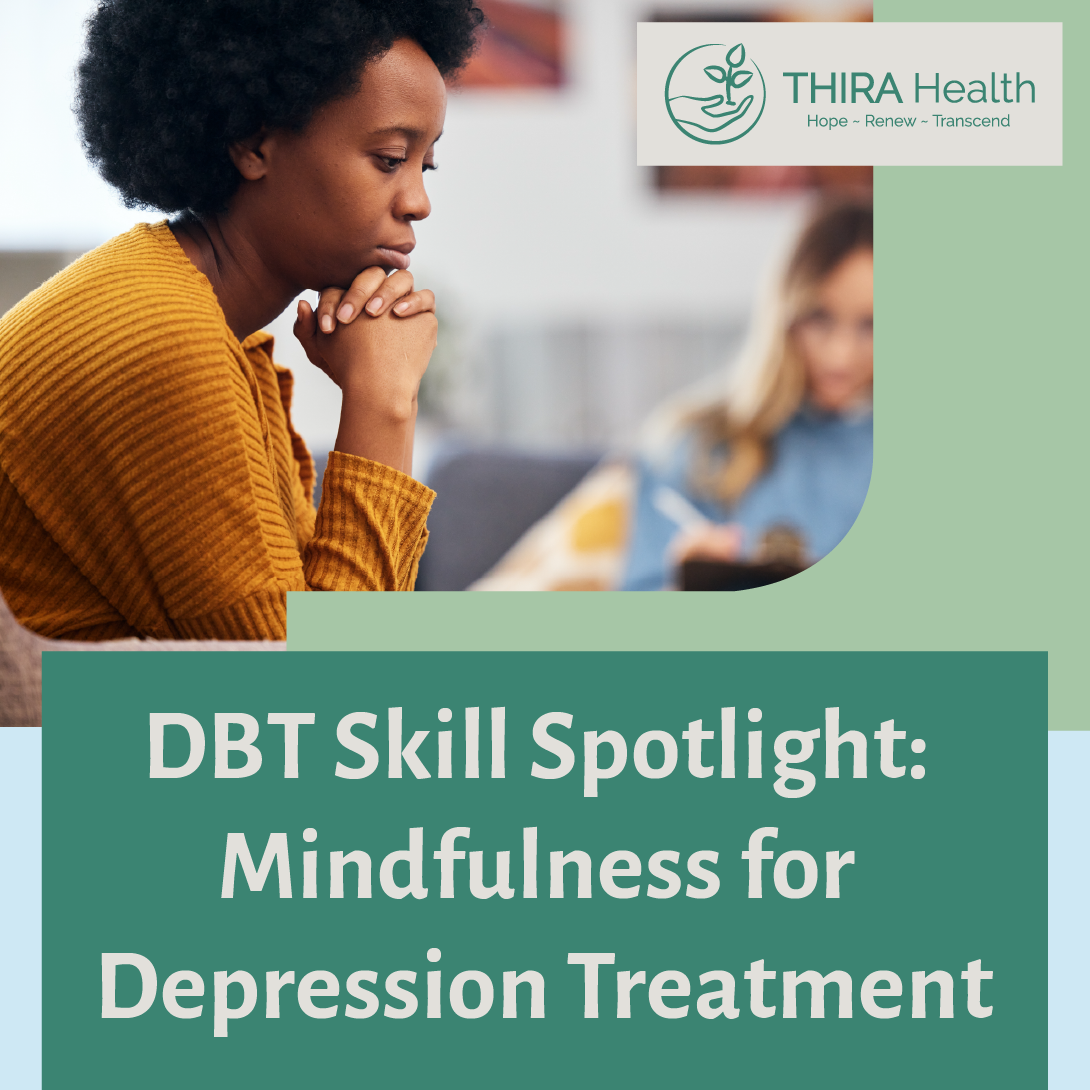Pandemics, wars, political revolutions—these are all moments of extreme emotions. But by using our tool, Dialectical Behavior Therapy, we can acknowledge the conflicting emotions we may feel during a time of crisis and choose more effective ways to act. Below you’ll find some guidance and advice on coping with fear and anxiety regarding COVID-19.
Powerful Emotions
Coping with fear and anxiety can already be difficult during more stable times. However, during a pandemic, these emotions can intensify to a detrimental level. Everyone reacts differently to a stressful situation; this means that some people may be having a really difficult time dealing with the emotions surrounding COVID-19.
Many of us are dealing with questions about the risks associated with the pandemic. Perhaps you are afraid or worried about the health of a loved one. Your exercise and eating patterns are changing, and you may be having difficulty sleeping. You may have increased your use of substances, or are experiencing the worsening of chronic health symptoms. These are all examples of how stress tends to manifest itself in people during difficult moments.
However, we never want to become overidentified with our emotions. This is why we love Dialectical Behavior Therapy—it teaches the skills to be able to tolerate and reframe your experience of intense emotions and to not let them assume control of your life.
Dialectical Behavior Therapy, or DBT, is built on a foundation of dialectics, which offers up the idea that two opposing ideas can be right at once. The pandemic may cause us to feel impotent, that there is nothing we can do to improve the current situation. At the same time, we can recognize that there are actions we can take to help, both ourselves and the community. Here, we learn to balance both acceptance and change. Both of the above situations can be true, and by accepting them simultaneously, we can find the courage we need to make a change and work to effectively solve our problems.
Mindfulness During Crisis
Knowledge and acceptance are necessary to cope with our emotions. A person trying to cope with strong emotions needs to know what they are feeling, and they need to be able to accept they feel that way. This can be achieved through mindfulness: experiencing, allowing, and witnessing emotions that arise, without judgment or inhibition.
Mindfulness can be incredibly beneficial to those who seek to cope with their emotions. It can teach you that emotions aren’t catastrophic, and that they are a natural aspect of the human condition. You are both separate from and have some agency over the emotions that you feel, and being able to accept this ultimate truth is a step forward in your mental health journey.
Disclaimer: learning to regulate our emotions is not easy. It is really difficult. For our entire lives, many of us have treated our emotions too seriously, letting them dictate how we act without taking a closer look. However, mindfulness and the other skills of DBT can help you learn ways to make coping with emotions more manageable.
A Few More Ideas
The Center for Disease Control and Prevention (CDC) recommends several other coping mechanisms, starting by sharing the facts. There is a lot of misinformation spreading through social media, and some of these hyperbolic assertions only serve to make us more afraid and anxious.
Staying informed helps everyone act in reasonable and helpful ways toward each other. On the same note, make sure to take breaks from reading or watching the news, especially on social media. Spending too much time thinking about the pandemic will certainly lead to more stress.
In this time of social distancing, consider how you can make the most effective use of your time. Don’t forget to take care of yourself physically: make effective choices with the food that you eat, exercise when possible, keep your living space clean, and ensure you are getting the right amount of quality sleep.
Consider also increasing your mindfulness practice, investing in a virtual guided yoga or exercise platform, or picking up that book that you haven’t had the time for. Try new activities or just slow down enough to enjoy the ones you already know you love. You may even be inspired to do a little spring cleaning or to get ahead on projects that are right around the corner.
And finally, spend time connecting with those you love. Due to social distancing, connections don’t have to happen in person; you can video chat with someone important to you, especially older relatives that live alone. For those with young children, bust out the crafts, make a fort in the living room, or have a dance party in the kitchen while you cook together. Set the tone of the house as one grounded in gratitude and kindness towards yourself and those closest to you.
Stressful times can increase intense emotions like fear and anxiety. By practicing mindfulness and other DBT skills, you can develop an approach that will not only help you cope with intense emotions, but make this time meaningful.






